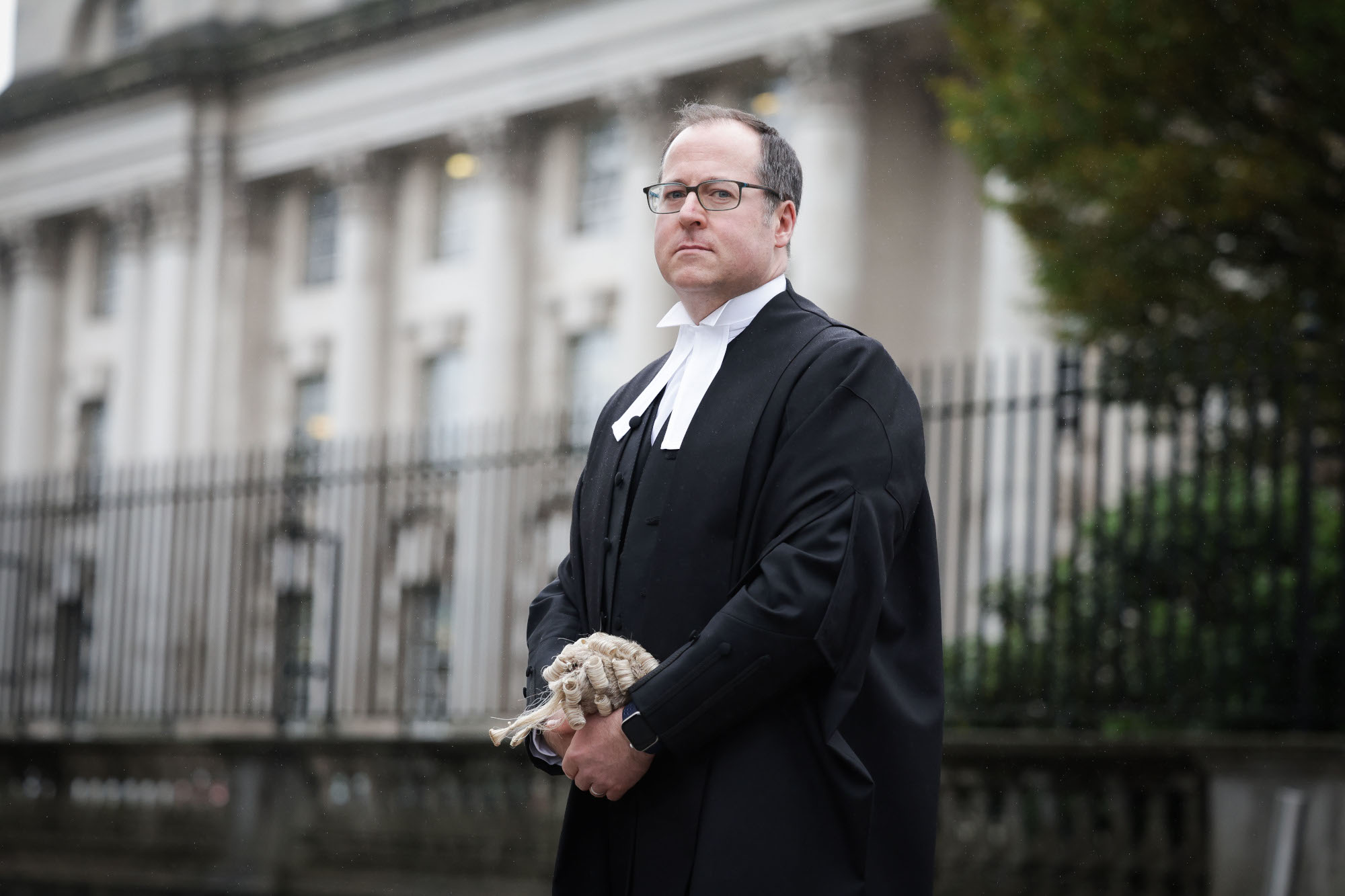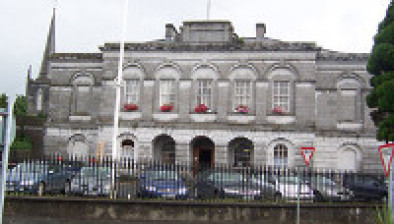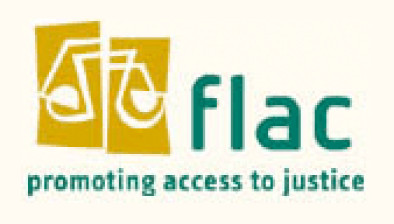Northern Ireland barristers escalate legal aid action

Pictured: Donal Lunny KC, chair of the Bar Council of Northern Ireland.
Northern Ireland’s criminal courts will grind to a halt in January after criminal barristers announced a significant escalation of their industrial action over legal aid fees.
Members of the Criminal Bar Association (CBA) are to withdraw from appearing in all legally aided Crown Court cases listed between 6 and 31 January 2025.
It follows a one-day withdrawal of services on 4 November 2024 and is in addition to an ongoing withdrawal of services in Category A cases, which include trials for murder and serious sexual offences.
Bar Council chair Donal Lunny KC said: “The withdrawal of services on the part of the Criminal Bar Association is regrettable, but the Department of Justice’s approach in reviewing the operation of our system of criminal legal aid has made it inevitable.
“Fees for legally aided criminal work have not been increased since 2005 and are worth just 50 per cent of their original value. Additionally, barristers are subject to crippling payment delays, under a policy imposed by the DoJ on the basis of balancing its budget.
“Criminal barristers have indicated that the levels of remuneration in the most serious and complex of cases do not allow counsel to provide the expert advocacy that these cases demand and that the public deserves.
“These cases are the most serious in the legal order. The consequences of conviction are gravely serious, and the factual and legal issues involved are vastly complex. These cases are not funded to a level which allows for proper representation at present.”
A long-awaited review of the criminal legal aid system was published earlier this month and recommended an immediate 16 per cent increase in legal aid fees.
Judge Tom Burgess was appointed last year to carry out the fundamental review of the criminal legal aid system and presented his findings to the Department of Justice in August 2024.
However, Mr Lunny accused the DoJ of being “selective” in its response to the review.
“Rather than implementing the recommendations in full, it has chosen to act against many of these evidence-based independent findings,” he said.
“Although the Burgess Review did not meet all the Bar’s Council requirements, it represented a potential starting point where less favourable elements were offset by some associated positive increases and with the promise of a further independent review to follow.
“Regrettably, the DoJ has severed those connections and has cherry-picked the findings in order to give itself maximum control for the minimum possible spend, supplementing its chosen recommendations with recommendations from reviews completed many years ago or in areas unrelated to the current realities of criminal legal aid.”
He highlighted the DoJ’s indication that it will legislate to overturn the High Court’s judgment in Department of Justice v Tiernan (Padraig) [2019] NIQB 25, which addresses the remuneration of cases which are “left on the books”.
Although the decision was not appealed, the DoJ says it “disagrees with both the decision and the [Burgess] report’s recommendation and intends to bring forward amending legislation to clarify the policy intention”.
“An important effect of the Tiernan decision was to ensure that more cases are settled before trial than would otherwise be the case, bringing a huge benefit to the court system and victims of crime,” Mr Lunny said.
“In adopting such a crude and incoherent approach the DoJ has compromised the balanced and careful work that was reflected in the recommendations from an independent expert, Judge Burgess, and in doing so has damaged both the trust of the profession and the credibility of the basis of the proposed reforms.
“The DoJ is disingenuously citing that an immediate uplift in legal aid fees will represent a response to the access to justice crisis. Not only is any such increase not guaranteed, as it is subject to a consultation and budgetary approval, but it comes nowhere close to restoring previous cuts.
“Furthermore, the proposed uplift will immediately be eroded by other proposals that the Department has chosen to try to implement, acting against an established court decision — in Tiernan — and Judge Burgess’ independent advice.”
He concluded: “The CBA has sounded a warning that the DoJ’s approach to legal aid reform takes us closer to a two-tier system whereby only individuals who can fund their own cases will have the best available representation.
“Younger, skilled professionals are leaving practice due to the financial pressures associated with legally aided work. A drain of talented, younger professionals is bad news for victims, defendants, and society.
“We call on the Department, even at this late stage, to re-engage to prevent further escalation on the part of the CBA. We call on the Department to re-evaluate the overall direction and proportionality of its legal aid reform programme.”
A spokesperson for the Department of Justice said: “The Department has not been formally notified of the CBA’s intention to withdraw from Crown Court cases and is disappointed to learn of the action given the impact on victims and witnesses who are waiting to receive justice.
“The Department has been in regular contact with the Bar Council on the reform programme and is moving at pace to improve the system for citizens and to ensure fair proportionate remuneration including recently announced plans to increase fees which we expect to take effect next year.”










